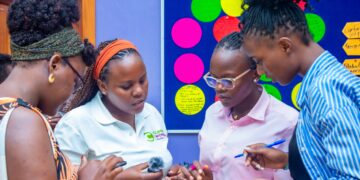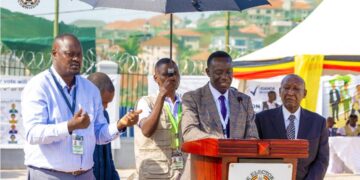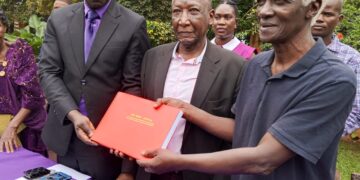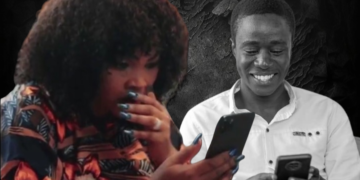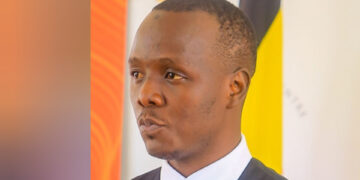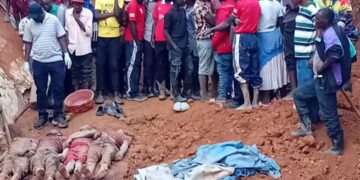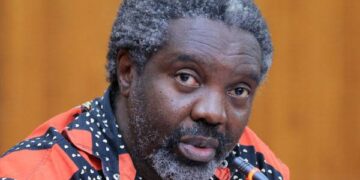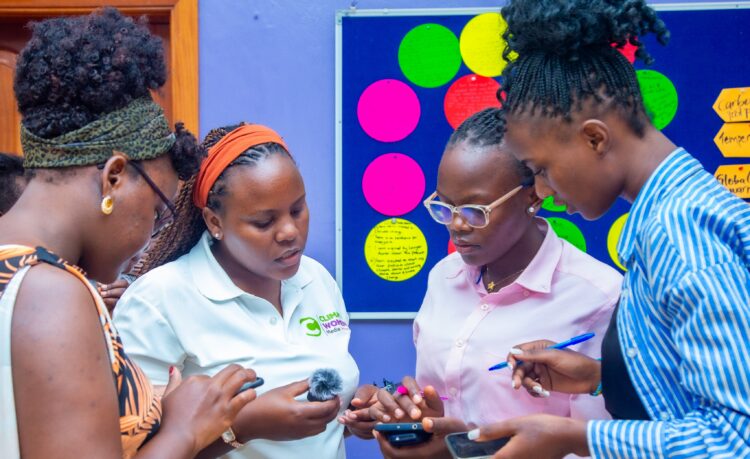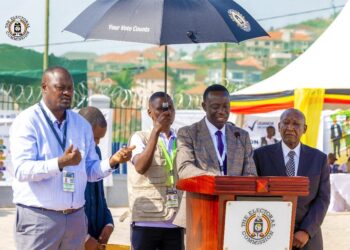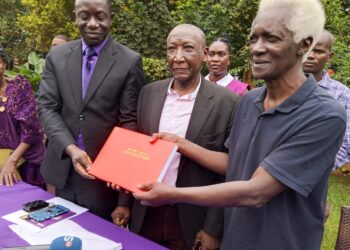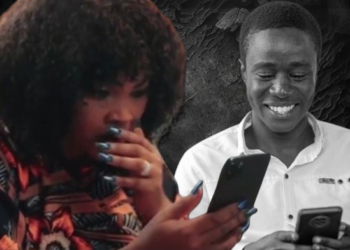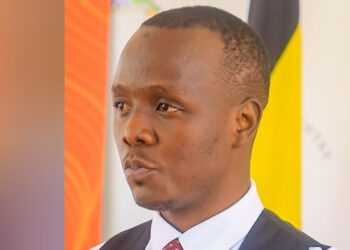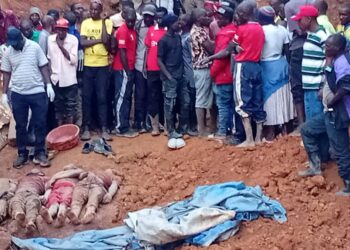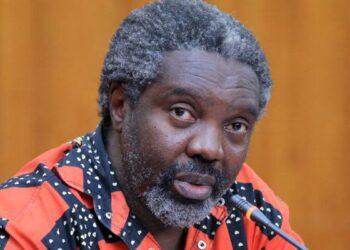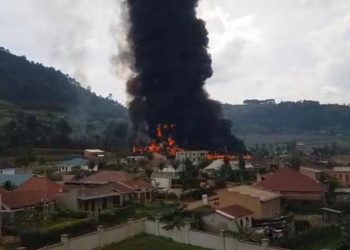By Atukwatse Ritah,
BUNGA,
Climate Women Media Action hosted a two-day training event for female journalists on reporting climate change. The event, which took place on August 21-22, aimed to equip participants with the skills and knowledge needed to effectively cover climate-related issues with the help of AI tools.
Led by team leaders Hedwig Arinaitwe, Antonio Kisembo and Edward Tumwine, the workshop welcomed female journalists and encouraged them to write and podcast about climate change and its effects. On the first day, participants engaged in a panel discussion moderated by Hannah Arinaitwe, featuring Eron Grace Nanyonjo, Bridget Kyarikunda and Barbra Nakato.
One of the panelists, Ms. Babrah shared her experience on how she trains people how to make paper bags. These paper bags can be used in packaging different things. “Packaging is broad”, She said. People can use paper bags which can take a short time to decay instead of polythene bags which take long to decay. Poor disposal of wastes like plastics is a disaster to climate.
Antonio led a session on key climate terms, including dry spell, drought, floods, global warming, ozon layer, greenhouse gases, carbon dioxide, and carbon monoxide. Despite some challenges, such as language barriers and reluctance from some interviewees, participants gained valuable experience and knowledge. “You need to understand these terms in order to report on climate change effectively”, he said. “Simplify the issues so that the local people can understand what you are saying” , he added.
The second day focused on podcasting, with training provided on hosting and using AI tools to write stories about climate change. Participants also gained hands-on experience with podcasting equipment and were encouraged to conduct field interviews on climate change.Ms. Hedwig and Mr. Edward encouraged these journalists to start up their own podcast with the help of AI tools to report well on climate change.
“There is an audience for everyone”, said Hedwig.
The AI and Podcasting for Climate Storytelling project is part of the Storytelling Today Project funded by UMI fund and Social Change Nest. The aim for this workshop was to empower young female journalists with new tools to advance climate storytelling for climate justice
